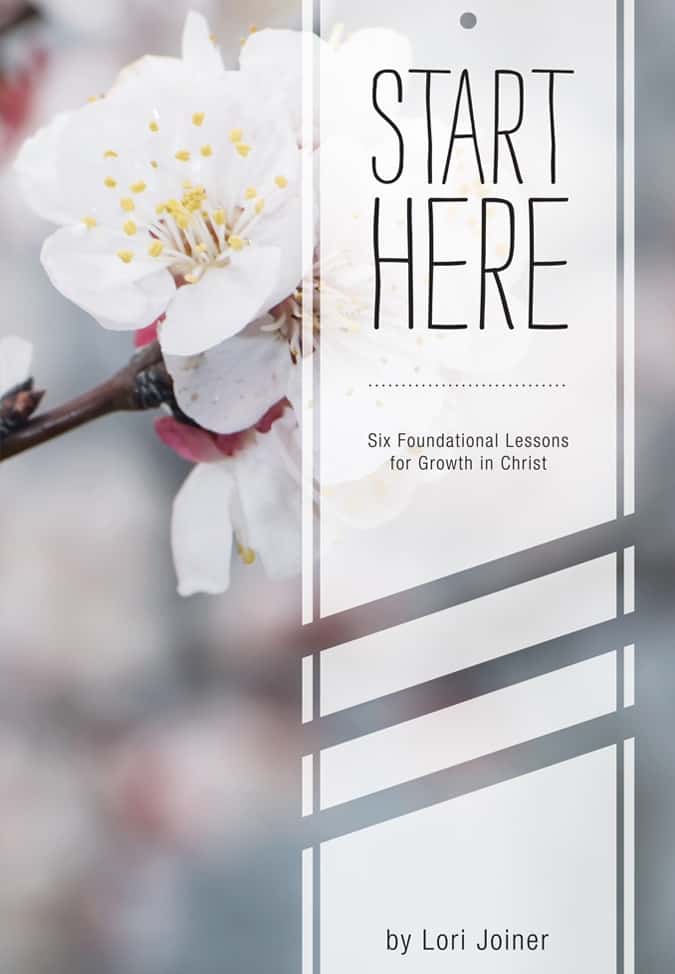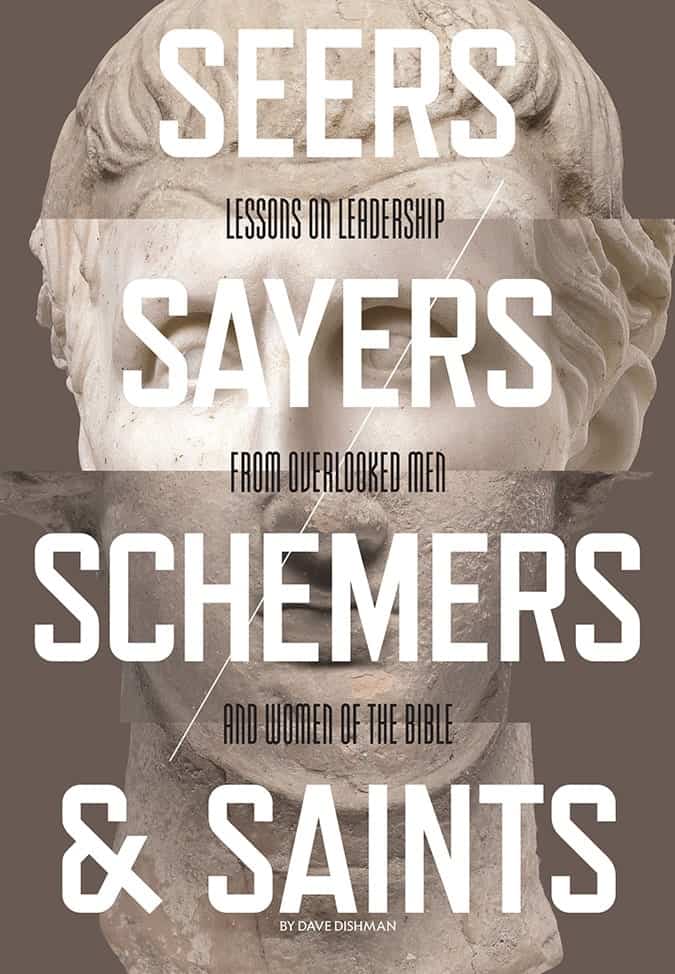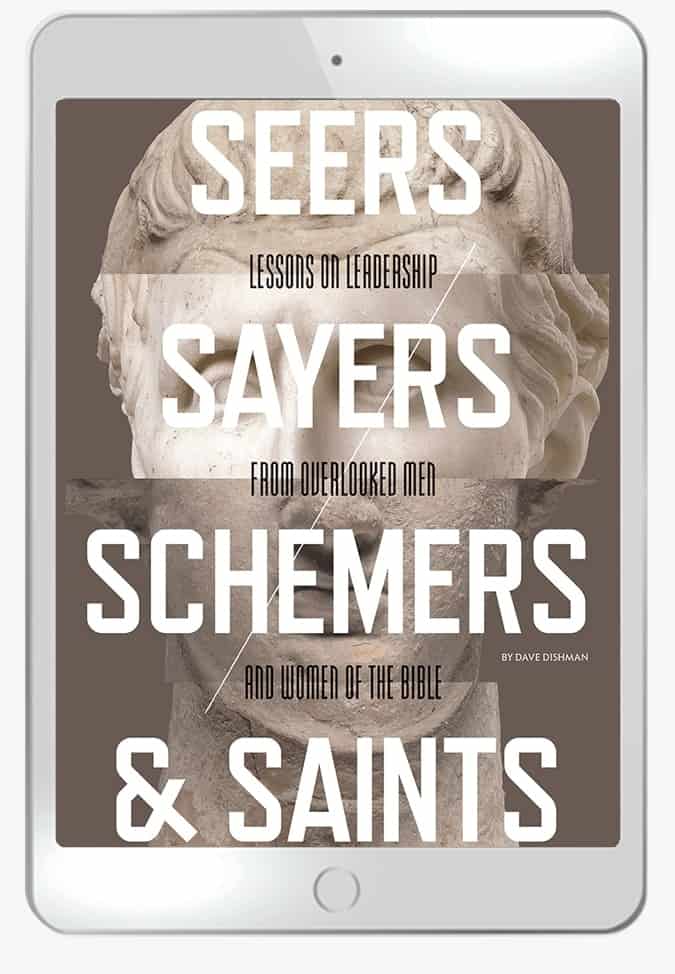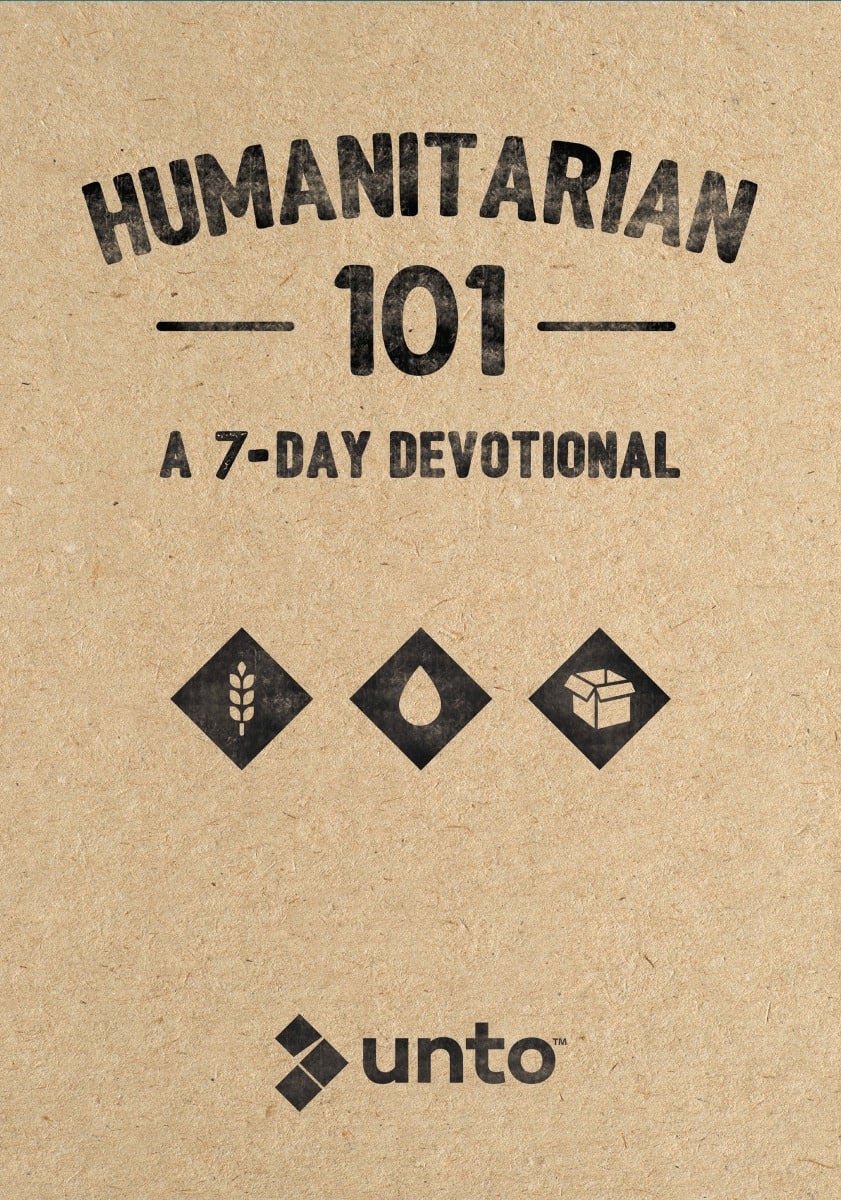Small Group Lesson Template: Quick Guide

How to Write an Effective Bible Study
Have you ever wanted to study a passage from the Bible that is particularly relevant or meaningful with your small group but didn’t know how to prepare a small group lesson on your own?
The goal of this guide is to give you a simple way to prepare a lesson that can lead to true life change in your group.
When preparing a small group lesson, it’s important to remember that your goal isn’t to come up with something that sounds impressive or shows off your knowledge about the Bible. Your goal is to help the group grow in their relationship with God through studying the Bible together.
The questions you ask about what you’re reading should point your group members to Jesus and help them look for answers in the Scripture. God’s Word is powerful and can transform lives.
Step 1: Determine Your Goals
What do you want your small group members to take away from the lesson?
Answer the following questions:
-
What do I want my group members to understand and believe?
-
What do I want them to experience?
-
How do I want them to respond to Jesus? (First in their hearts and minds, which leads to the change of attitudes and behavior.)
Step 2: Launch Question
Connect the Study to Real Life
To start, ask a question that will cultivate an interest in your study by raising a problem or issue that your passage from the Bible addresses.
Your launch question should help your group members see their need for God to work in that area of their lives. Sometimes they may not see the connection to the passage right away, but it should become clearer as the lesson goes on.
Step 3: Exploration Questions
Investigate the Bible
-
Survey the Big Picture: Give them a brief overview of the context of the Scripture they need in order to understand your passage.
-
When and why was it written?
-
What happens in the passage before and after this one?
-
In what part of God’s story does it take place?
-
-
Explore the Passage: God determines the meaning of a passage, and good questions help you discover what God said. You can group your questions according to the way the passage is divided in your Bible (e.g., Ephesians 4:1-6, 7-16).
-
Here are three simple questions to keep in mind:
-
What does it say (observation questions)?
-
What does it mean (interpretation questions)?
-
Why does it matter (significance questions)?
-
-
-
Discover the Big Idea: Ask a question to help them catch the main point of the passage.
If you don’t know the answer to some or any of these questions, consult a good study Bible.
And, remember, you aren’t determining what a passage means, you are responding to the discovery of that meaning.
Step 4: Application Questions
Lead Them to a Heart-level Response to Christ
Remember that your teaching will be most effective when it is focused on the good news of God’s ultimate plan to rescue humanity through Jesus.
Through Scripture, God intends “to restore aspects of our brokenness (the messiness of us and the world) to spiritual wholeness (what He intended for us),” and this is the way God makes us to be more like Him and helps us enjoy our relationship with Him.
We are dependent on God’s redemptive work — offering forgiveness through Jesus’ sacrifice on the cross for all we’ve done wrong — to not only become followers of Jesus but also for the process of becoming more like Him.
Ask a couple of questions based on what you read that do the following:
-
Help the group picture what it would look like practically to live out the Bible passage you’re reading
-
Reveal your need for God to help them see how they experience the “spiritual brokenness” this passage reveals (i.e., some aspect of their sin or brokenness that requires the grace of God).
-
Point them to Jesus. What aspect of (the good news of) God’s grace do they need to believe and embrace in order to reflect and enjoy God’s glory?
See an example of a Bible study written using this template →
Passage: Ephesians 1:1-14 (New Living Translation)
Learning Objectives
-
What do I want my group members to understand and believe?
I want my group members to understand they are adopted by God into His family forever and are given incredible blessings from God, starting with the Holy Spirit. I want them to believe that God loves them and cares for them with the pure love of a perfect Father.
-
What do I want them to experience?
I want my group members to experience joy in knowing they are the loved, chosen, adopted children of God. I want them to feel secure in their identity, knowing that what matters is being God’s child, not what other people think of them.
-
How do I want them to respond to Christ?
I want my group to delight in being in God’s family. I want them to understand the spiritual blessings we have in Christ, all of the good things God has given us in addition to forgiveness of sins, instead of seeing God as a means to an end (getting what they want in life). I want my group members to be moved to praise God as a result of the blessings He has for us in Christ.
Launch
- What motivates people to adopt a child?
Explore
Observation (What does it say?)
-
What do you observe about the passage?
-
What are some themes?
-
What are some repeated phrases?
-
How are themes of identity and power present in this passage?
-
What does this passage say about the Trinity, God as three persons — God the Father, Jesus and the Holy Spirit?
-
What does Paul say about Jesus Christ, especially in relation to us?
Interpretation (What does it mean?)
-
What does it mean to be adopted into God’s family (Verse 5)?
-
What is our “inheritance” from God (Verse 11)?
-
What does it mean that the Holy Spirit is a “guarantee” (some other versions translate it deposit or down payment) (Verse 14)?
-
How do the “spiritual blessings” God gives us and the inheritance we have in Christ lead us to praise God (Verses 5 and 14)
Big Idea
-
What important things did Paul want to communicate about what it means to be a child of God through this passage?
-
If you had to summarize the main point of the passage in a sentence, what would you say?
Apply (Why does it matter?)
-
Which of the spiritual blessings discussed in the passage do you identify with the most?
-
Which of the spiritual blessings discussed in the passage is the hardest to believe is true?
-
How does this passage inspire you to worship God?
-
How does being the loved, chosen, adopted child of God change the way you see yourself?
-
How would your life look different if you lived like you were the treasured child of God?
-
How can you remind yourself about your identity as a deeply loved child of God?
-
What’s Next?
Hopefully, this small group template is helpful to you. The main idea when leading your group in a Bible study is to point them to how the passage shows you your need for God and how perfectly and beautifully Jesus meets that need.
Now it’s time to get started!
First, choose a passage of the Bible that is meaningful to you and write a small group lesson using this template.
Sign up to receive weekly tips about leading a small group or check out “(Almost) Everything You Need to Know About Leading a Small Group”.
Printable Template
If you want, you can download or print this template.



























